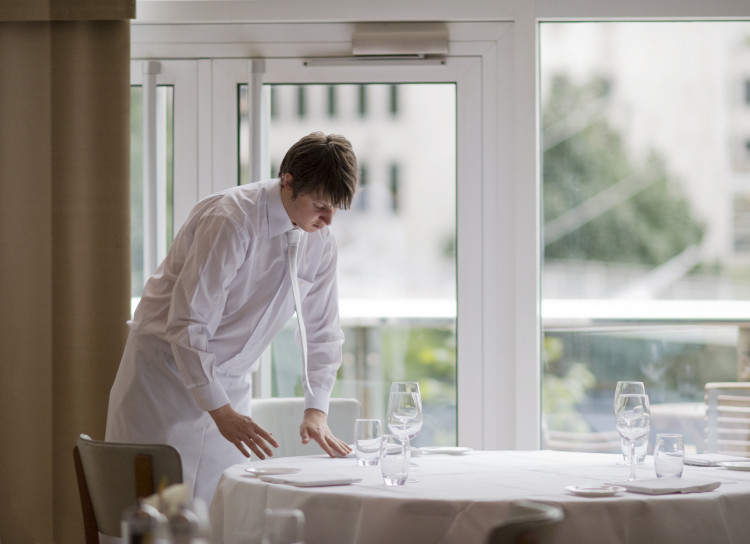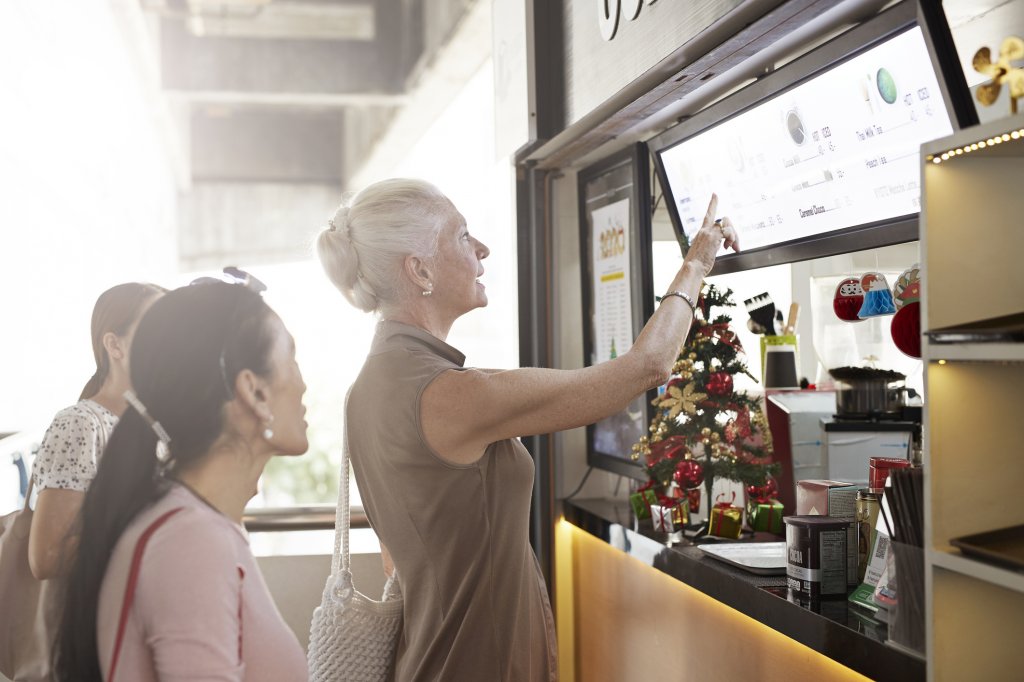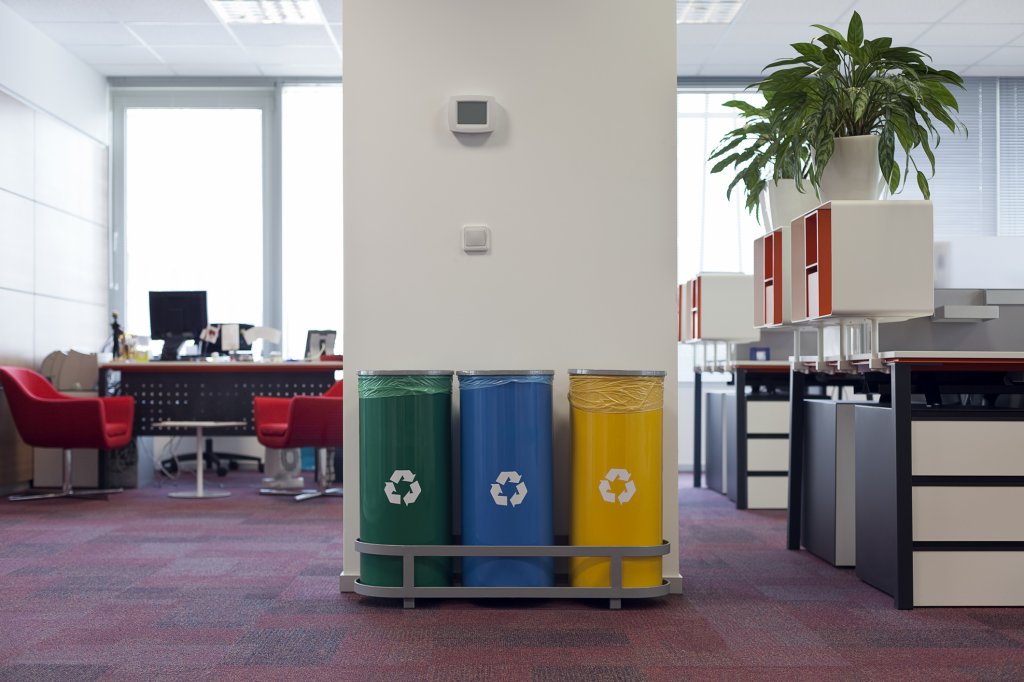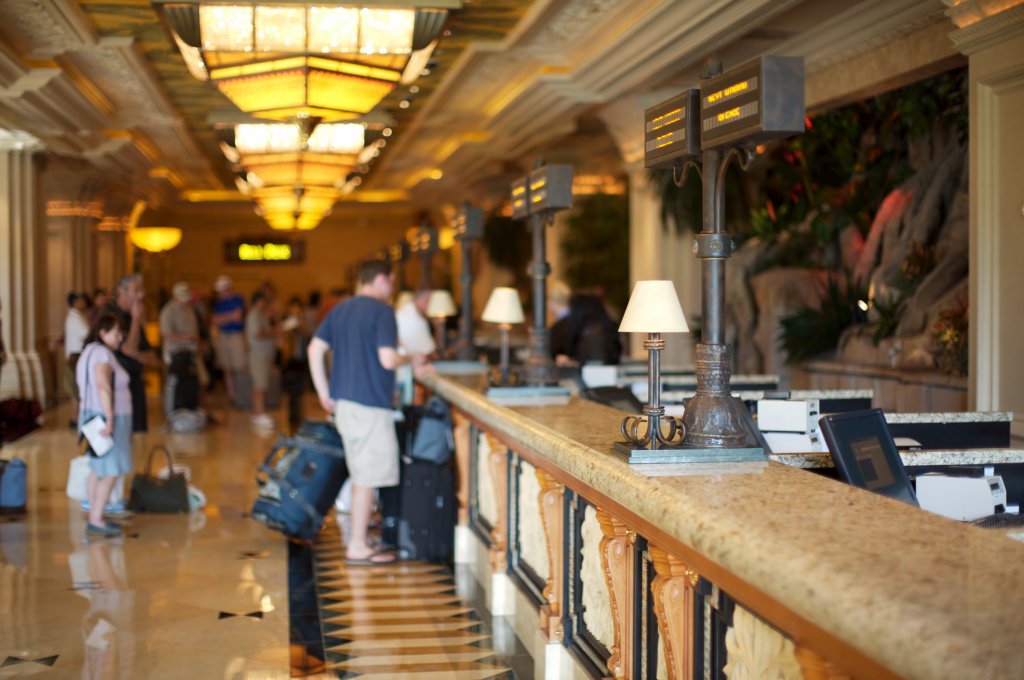However, after attending the QSR Media Awards in June, with industry experts sharing their views on the current landscape, I was surprised to see that, despite this gloomy backdrop, business leaders were not discouraged. Instead, attendees saw today’s challenge as an opportunity for the sector to adapt and continue to add value to customers, even in times of recession.
THE BRANDS THAT CAN COMMUNICATE EFFECTIVELY WITH THEIR KEY STAKEHOLDERS – FROM THEIR EMPLOYEES, SHAREHOLDERS, AND INVESTORS TO CONSUMERS AND MEDIA – WILL GAIN ADVANTAGE POINTS IN TERMS OF BRAND CREDIBILITY, TRUST, AND LOYALTY.
As I jumped from one session to another, I kept hearing business leaders echoing the same point – for the sector to withstand the challenge ahead, customer experience, new technologies, innovation, and brand trust will be critical. What this means exactly will depend on each business’ priority, but some key takeaways to consider include:
Adding value to the customer experience: Hospitality is all about excelling the customer experience. Despite the current backdrop, hospitality businesses must look at ways to continue providing value to their customers, ensuring that even if footfall drops, customer experience must remain outstanding. Especially, as consumers will still want to eat out to celebrate special occasions, despite rising costs.
Adopting new technologies: This is not a novel idea and QSRs have been adopting and rolling out new technologies to improve restaurant efficiency and plug in the gaps where needed for a while now. Accelerating the rollout of kiosks, click and collect, and other technology tools will be a priority for most businesses over the next year – particularly if some of this technology can help reduce unnecessary costs and compensate for staff shortages.
Continued innovation: As consumer trends change, businesses must remain relevant to their customer. We’ve seen growing demand for more plant-based food and vegetarian options, so no wonder more hospitality businesses are expanding their menu, elevating their offering and introducing new vegetarian products. Remember how Burger King turned its flagship restaurant in Leicester Square meat-free? No questions asked.
Brand trust: Brand loyalty and trust come down to one thing, clear communication. During times of crisis, brands need to be transparent with their employees, stakeholders and customers. Ultimately, they need to practice what they preach, especially when times are tough.
At Hanover, our experience spans all industries – including food and drinks. We help clients navigate their business challenges through effective communications strategies that ensure long-term success.
And while we know most of these challenges are external and there’s only so much that businesses can do to cushion pressure. It is during times like this that good business communication becomes critical. Just recall the last point from the key takeaways made by industry experts. The brands that can communicate effectively with their key stakeholders – from their employees, shareholders, and investors to consumers and media – will gain advantage points in terms of brand credibility, trust, and loyalty. And our recommendation to you is threefold:
Be transparent: As price rises, be transparent with your consumers on why this is happening. Honesty and context will be critical. To quote Graham Ruddick from The Times, “Business should be open to their consumers”, and they should demystify how prices are set or changed by saying why they’re doing so. There might be some noise following this – just look at McDonald’s supersized price increase with immediate effect for the first time in 14 years – but people will understand.
Practice what you preach, particularly in times of crisis: Consumers will always remain loyal to the brands they trust, regardless of the challenge. As we enter a recession, hospitality businesses will likely face a reduced footfall. Businesses that remain consistent with their values and ethics and practice what they preach will see how brand loyalty will help them stay afloat.
Don’t steer away from your sustainability commitments: Yes, we’re seeing pressures holding back progress and even companies u-turning on their ambitions to lower emissions. A recession may slow down your plans, but don’t stop doing what’s good for society in the long term. Once we’re out of the woods – businesses that remain on track will be on their front foot to reap the benefits of what is the direction of travel for doing better business, and those that have gone back will struggle to catch up and may risk losing their credibility and license to operate.
Historically, hospitality businesses have been well accustomed to overcoming times of adversity. While today’s recession is different – the industry has faced previous crunch moments, and knows it is able to overcome most of these challenges.
Of course, businesses should be concerned about what’s next, but – like the experts I met at the QSR event – seeing today’s challenge as an opportunity may be the only silver lining amidst this perfect storm.
_
Hanover has developed its REWIRE online tool that will help you understand how resilient to change your organisation is and suggests what steps you might want to take within your organisation to improve your resilience, using the answers you provide. In a world that is changing before our eyes at an unprecedented speed, it is an essential tool for any communicator.







